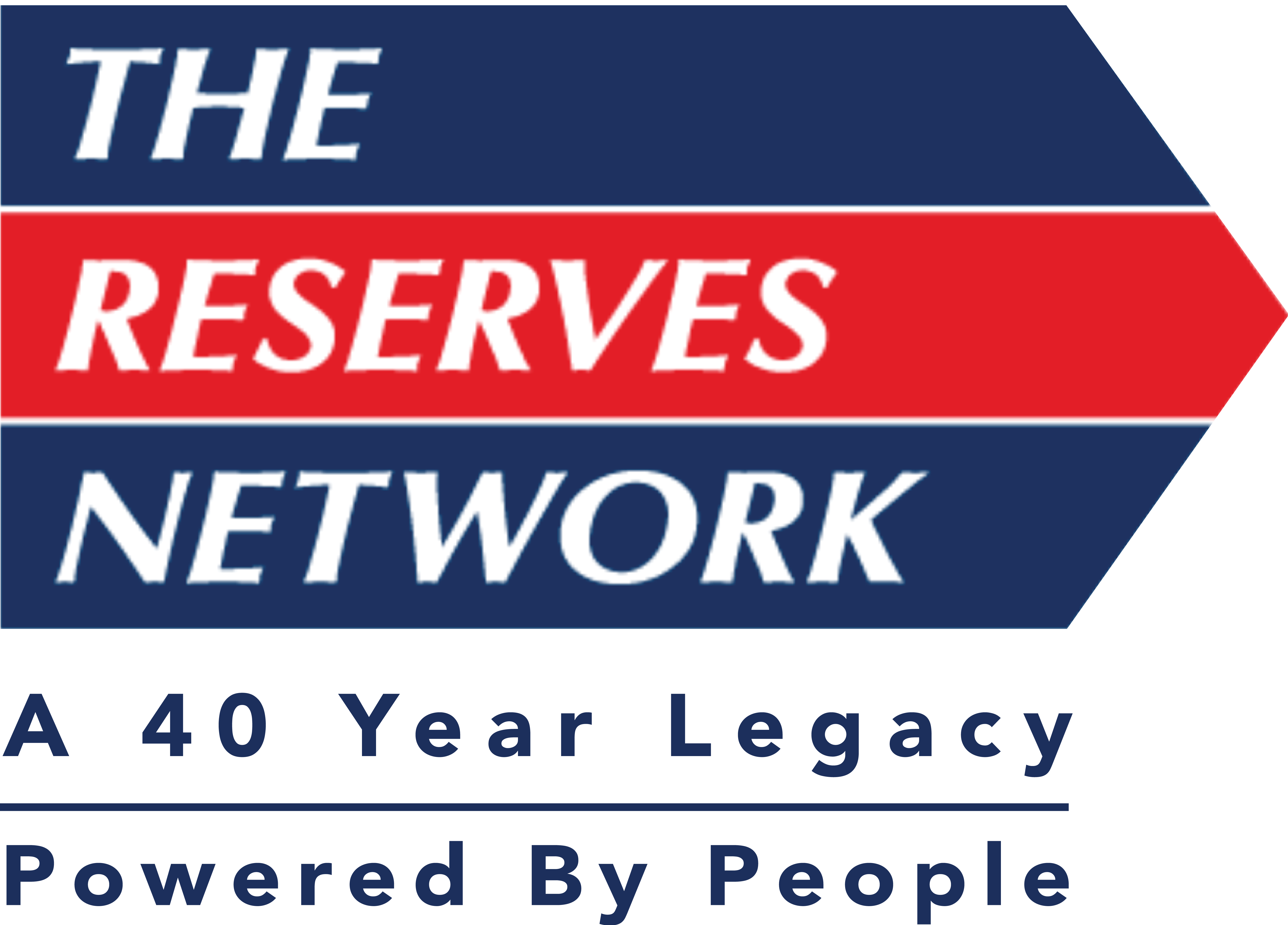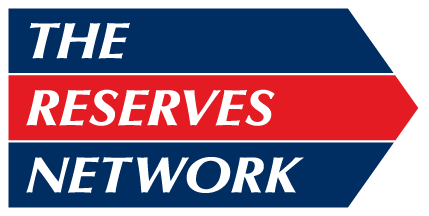Why Rage Applying is a Double-Edged Sword
We’ve all been there—feeling stuck, unappreciated, or downright unhappy in a job. It’s easy to let emotions take over after a negative experience at work and start firing off job applications left and right. It’s so common, in fact, that this has its own name: “rage applying.” The trend hit 6 million views on TikTok in 2023 and is still garnering attention online.
While TikTok makes rage applying seem funny or even successful, take a second before you send out another dozen resumes. Let’s talk about why this approach isn’t your best bet. Here’s how you can channel your valid frustration into something much more productive.
What is Rage Applying?
Rage applying happens when you’re so fed up with your job that you start applying to tons of positions without much thought. It’s very impulsive, and honestly super easy to do, especially with job boards just a click away. In fact, two-thirds of US professionals admitted to rage applying last year! But is it really the way to find your dream job?
The Tempting Allure of Rage Applying
Listen, we totally get it. Sometimes your job feels unbearable. Maybe it’s your boss’s constant micromanaging, your coworker’s annoying habits, or just the lack of any real growth opportunities. Rage applying can feel like you’re taking action and gaining some control back. Plus, it’s a bit therapeutic to imagine yourself in a new, better job.
But there is a catch.
The Double-Edged Sword
As good as it can feel in the moment, rage applying can come with some serious downsides:
Poor Fit
When you apply out of frustration, you’re less likely to focus on jobs that truly match your skills and career goals. This can lead to job offers for roles that aren’t a good fit for your personality, your skills, or your values.
Long story short? You might find yourself unhappy all over again.
Burned Bridges
Sending out a flood of applications can backfire if your current employer finds out the wrong way. This could put your job at risk before you’ve secured a new one.
It could also cripple any chance you have of a future recommendation from your employer, especially if you decide to leave your job on bad terms.
Emotional Toll
Rejection is part of job hunting. But rage applying means facing a lot more of it. This can be incredibly disheartening, adding to the frustration you’re already feeling.
Since you’re submitting so many applications so quickly, you aren’t truly focusing on providing that potential employer with a well-rounded, healthy image of the amazing employee you are.
A Smarter Approach to Job Searching
Instead of letting anger drive your job search, try these job search strategies:
- Reflect and Assess: Take a step back and figure out why you’re unhappy. Can the issues be resolved within your current job? Sometimes a conversation with your manager can make a big difference.
- Set Clear Goals: If you do decide to find a different job, take the time to think about what you really want that to look like. Better work-life balance? More opportunities for advancement? Knowing what you want will help you find and apply for the right job positions.
- Research and Target: Focus on companies and positions that align with your goals. You can find this information on the company website and on their social media. Tailor your resume and cover letter for each role to show why you’re a great fit.
- Network: Use your professional network to learn about job opportunities that aren’t advertised. Networking can also give you insights into company culture and the specifics of a role.
- Stay Professional: Remember what we said earlier about burned bridges? Even if you’re eager to leave, keep it professional. Continue to do your best at your current job and avoid badmouthing your employer in interviews. Leaving on good terms is always a smart move and can open doors for you in the future.
The Better Alternative to Rage Applying
Rage applying might feel good in the moment, but it’s often a short-term fix with long-term consequences. By taking a second to breathe and think through your next steps, you can find a job that truly fits your skills and career goals.
Remember, your career journey is a marathon, not a sprint. Take the time to find the right path, and you’ll be much happier in the long run.



